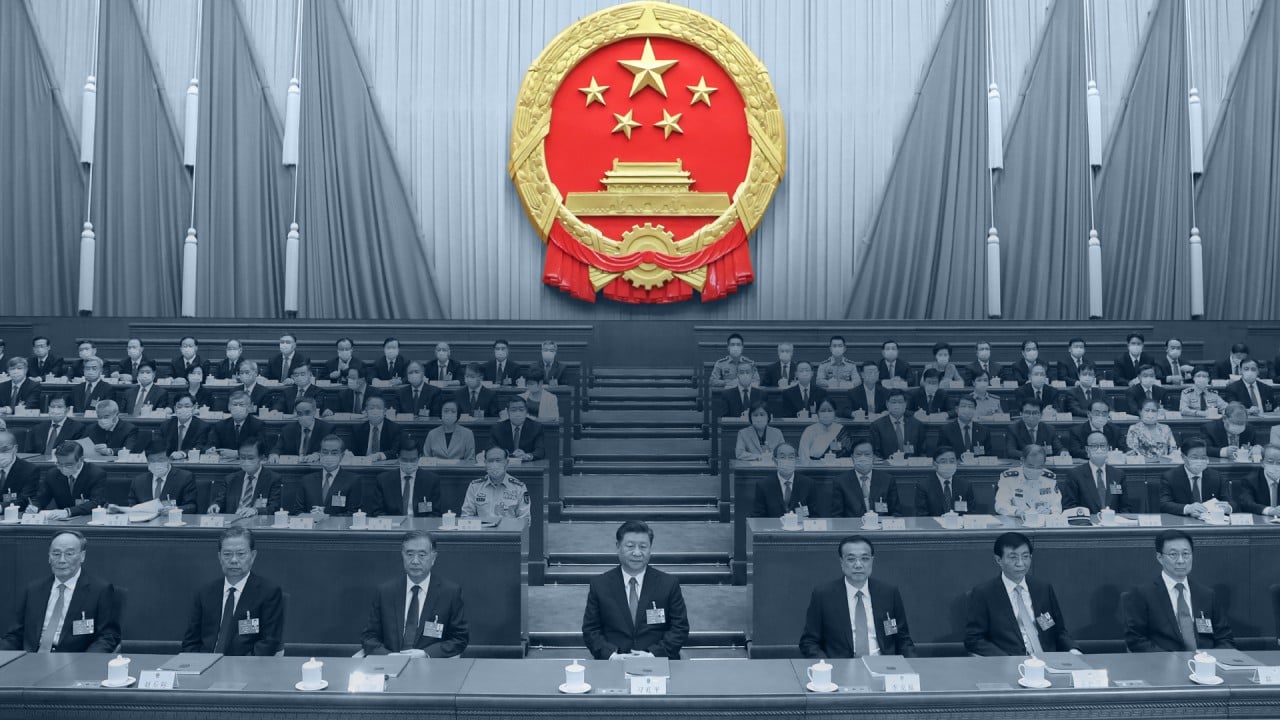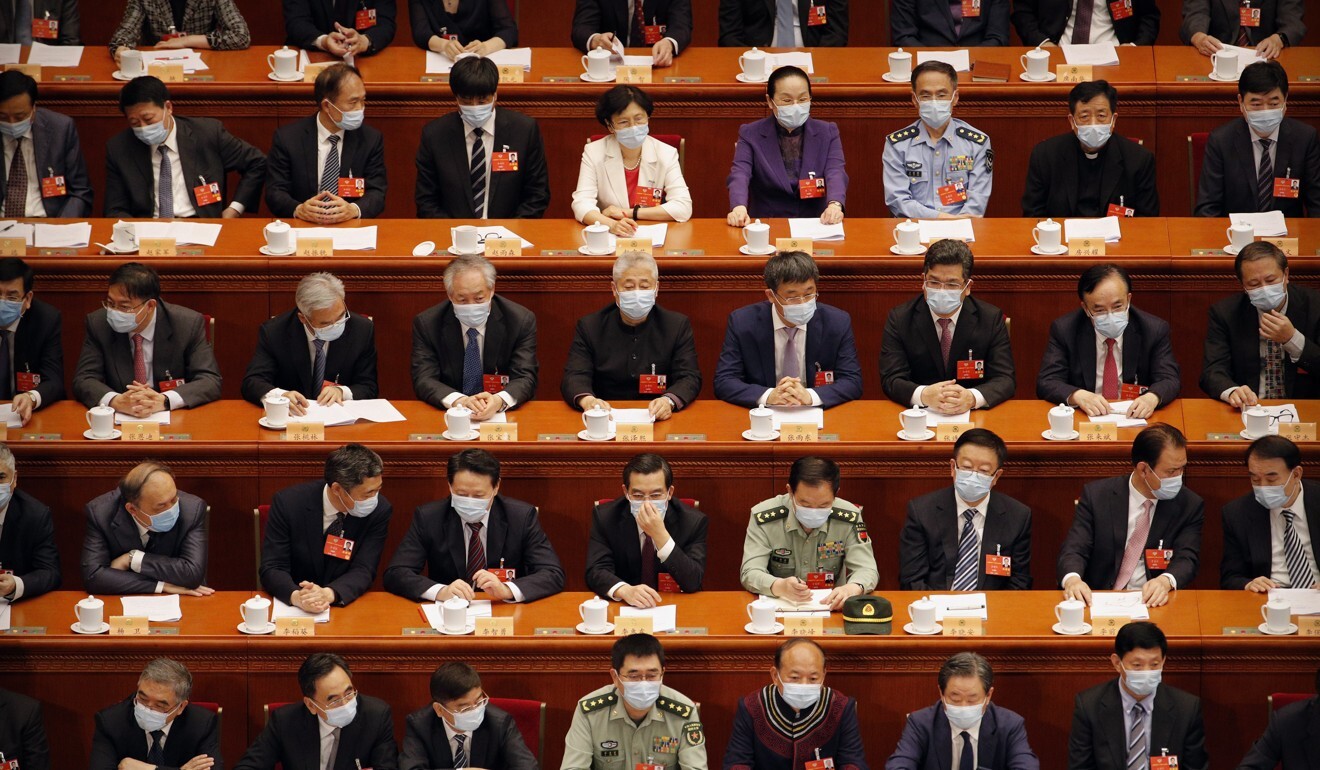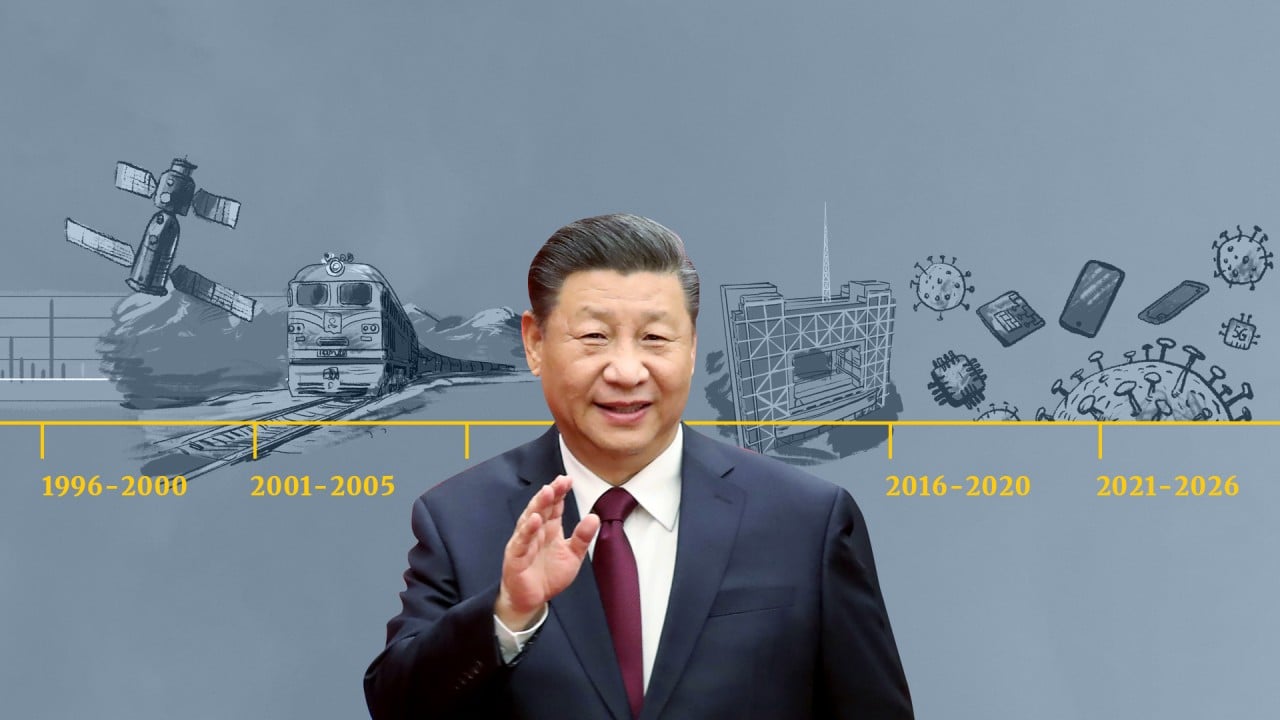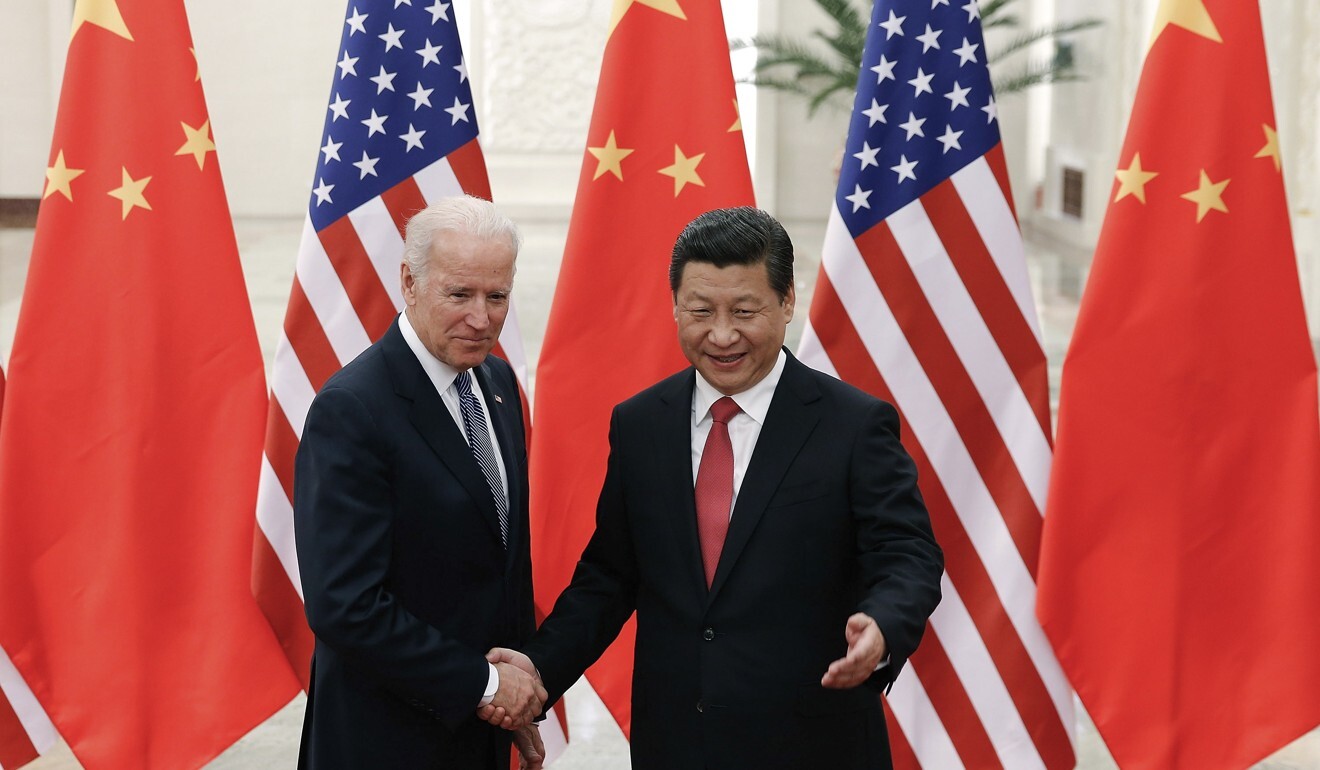
Explainer | ‘Two sessions’ 2021: five things you need to know about China’s biggest political gatherings
- Thousands of legislators and advisers will gather in Beijing in early March to set and endorse the national agenda
- A number of factors will make this year’s meetings different
More than 5,000 members of China’s political elite are expected to converge on Beijing in early March for the biggest event on the political calendar.
This year’s two sessions commence on March 4, and will wrap up on March 11.
The 2021 gatherings of the top advisory and legislative bodies are particularly important because they will mark the start of the next five-year plan and fall in the Communist Party’s centenary year.
Here’s what you need to know:
1. The two meetings are separate affairs
While the CPPCC and NPC meetings take place almost simultaneously and at the same place, they are separate events.
The CPPCC has about 2,200 members from political parties, social groups, professions, various sectors and other organisations.
Its session will get under way on March 4 and members will discuss issues ranging from economics and religion to sport, health and foreign affairs. Various committees will then put together proposals for the government to consider. However, they do not have the power to enact these proposals into law.
This is where the NPC, the country’s top legislature, comes in. Its 3,000 deputies from provinces, autonomous regions and municipalities gather for a full session once a year to vote on and pass important pieces of legislation. This year, they will begin their meetings on March 5.
The NPC is often described as a rubber stamp, serving to officially approve decisions made by other state bodies. The deputies are chosen based on their professional credentials and while some may not have any political affiliations, most are from the ruling Communist Party.
The deputies are selected by legislatures at the provincial, autonomous region and municipal levels and include people from Hong Kong and Macau.
The NPC has never vetoed a party-endorsed plan or work report, although the vote is not always unanimous. The number of opposing votes, however small, is often seen as a sign of the level of disagreement with a government leader or agency.

03:42
SCMP Explains: The ‘two sessions’ – China’s most important political meetings of the year
2. Strict Covid-19 control measures will remain in place
Many of the precautions introduced for last year’s two sessions will remain in force for this year’s gathering: only journalists based in Beijing will be allowed to register for the events, most of which will take place online.
The meetings this year will be limited to a week, rather than the usual two weeks or so.
Foreign diplomats who want to attend will also have to take a Covid-19 test and spend a night in quarantine beforehand.

3. Tech, economic growth and climate change are top of the agenda
Xi signalled this shift towards the domestic sector late last year, telling a party meeting that the country had managed to “turn danger into safety” in response to multiple external risks by focusing on its own businesses.

05:57
SCMP Explains: China’s five-year plans that map out the government priorities for development
4. It’s a big year for China and the Communist Party
Xi has signalled his confidence that the party and country are on the right track by telling senior officials in January that “time and momentum are on our side”.
However, he warned that the country faced “unprecedented challenges and opportunities”, telling the Politburo they must “create favourable social conditions” for the anniversary.
China’s ‘two sessions’: why this year’s event is so important for Xi’s vision
Coverage of the two sessions is therefore likely to be especially sensitive: Public Security Minister Zhao Kezhi told police chiefs to regard any challenges to the authorities – including online – as “battlefields” on which they must be ready to fight ahead of the July celebrations.
5. International relations will be at play

Accusations that China mishandled the start of the pandemic – combined with issues such as Taiwan, the South China Sea and the prolonged border stand-off with India – have further damaged its image on the world stage.
China is likely to be particularly careful about its political messaging as any further international backlash could threaten its economic plans.

